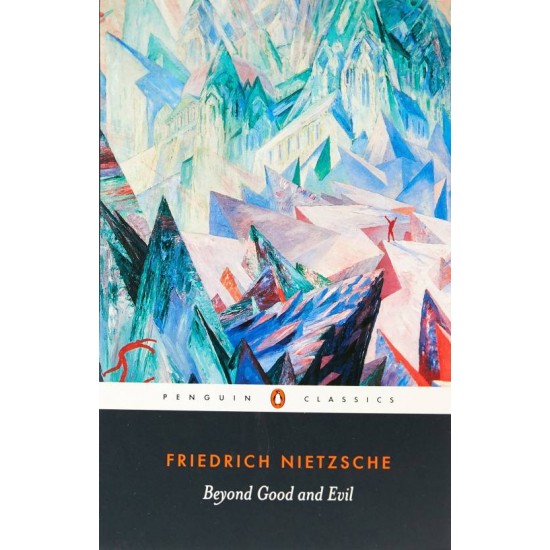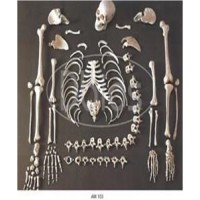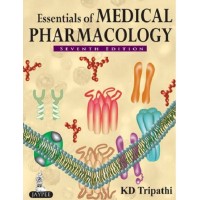
Beyond Good And Evil is the book that put Nietzsche at the pinnacle of philosophy during his time. He questions the morals of Western thought, and puts forward his own tenets.
Summary Of The Book
Beyond Good And Evil is a collection of 296 aphorisms, and each of them can be considered to stand out by themselves. However, there is a sort of linear progression from one aphorism to the other. Some of these are merely a few lines in length, while some run into several pages. All these aphorisms are grouped together and divided into nine chapters, thematically.
Nietzsche attacks the approach of philosophers in general, accusing them of dogmatism. He says that what philosophers claim to be their theories, are nothing more than glorified confessions. It is Nietzsche’s opinion that if one could really dissect these theories, one would be able to find out what these philosophers truly value in life and what their shortcomings are.
Beyond Good And Evil then talks of the modern concept of thought, saying that philosophers in the future should be more experimental, having no prejudices but willing to accept any hypothesis, and should be able to follow their conclusions to the end, wherever they may be led by their theories.
Nietzsche also speaks of religious spirit, saying that it is a kind of dogma in itself. He also condemns the “herd” mentality, saying that it encourages a sort of dull mediocrity at best. He says that all scholastic approaches have come to this, and that they are wrong in just using dry facts. He says that the ideal philosopher should be able to produce values and real meanings, rather than relying on endless facts and statistics.
Whether speaking on religion, philosophy, nationality and race, anti-Semitism or the concept of ‘nobility’, Beyond Good And Evil is candid and penetrating.
About Friedrich Nietzsche
Friedrich Nietzsche was a philosopher, poet, composer, and a philologist.
Other books by Nietzsche include The Birth of Tragedy, Human, All Too Human, Man Alone WIth Himself, Twilight of Idols and Anti-Christ, Why I Am So Wise, and Thus Spoke Zarathustra.
Nietzsche was born in a small village called Rocken in the Prussian Province of Saxony, in 1844. He became very popular for several critical texts written by him on subjects like religion, culture, science and philosophy. He was famous for his aphorisms and ironical comments. Nietzsche gained admittance into the nationally recognised Schulpforta, and then went on to study theology and classical philology in the University of Bonn after his graduation from Schulpforta in 1864.
| Books Information | |
| Author Name | Friedrich Nietzsche |
| Condition of Book | Used |
- Stock: Out Of Stock
- Model: sg3112















